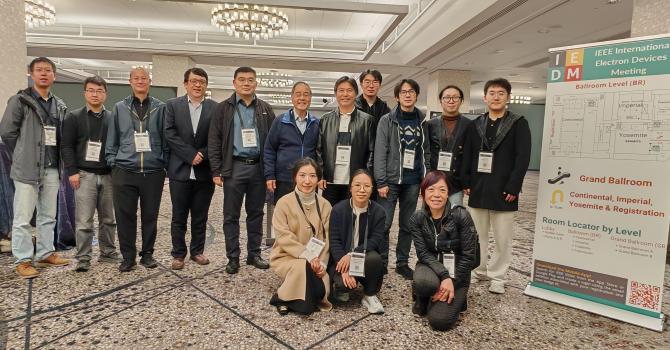ECE Best Final Year Project/Thesis Awards 2020-21
The Champion
NG, Alex Choon Yeik
"Increasing Energy Efficiency with Reconfigurable Intelligent Surfaces" (Final Year Thesis)
In recent years, the ever-increasing demand for wireless connectivity has created the need to look for more sustainable and energy-efficient wireless systems. Recently, the novel reconfigurable intelligent surface has been gaining attention as a potential solution to enhancing energy efficiency. In this thesis, a MISO wireless system that is assisted by a reconfigurable intelligent surface is proposed along with the algorithms to maximize the system’s energy efficiency. Specifically, mathematical models of the major components of the system are presented such as the wireless channels, users, power consumption, and the reconfigurable intelligent surface. An alternating optimization algorithm consisting of a gradient-based method and a convex optimization method is also presented. Through simulations run in Matlab, results show that the reconfigurable intelligent surface-based system is able to achieve up to 283% higher energy efficiency in comparison with the common amplify-and-forward relay system.
This thesis was supervised by Prof. Ross MURCH.
The First Runner-Up
DUNDA, Gerry Windiarto Mohamad
"Intelligent TCP Congestion Control in LTE with Reinforcement Learning" (Final Year Thesis)
We propose a different framework based on reinforcement learning to tackle congestion problems on the internet, which is referred to as congestion control. As one of the tasks assigned to the transport layer, congestion control modulates the transmission rate to utilize the network resources efficiently under several constraints such as queue resources or error-prone channels. We adopt reinforcement learning with a new proposed reward system based on the feedback from the eNB because it can learn intricate features of the dynamics of the network. To evaluate our proposed framework, the congestion control is implemented in the simulator under different network conditions. The relevant metrics for the performance comparison with the existing congestion control algorithm are latency, fairness, and utilization. We find that our proposed control scheme can perform well in terms of latency and utilization while maintaining roughly the same fairness as the existing one.
This project was supervised by Prof. Shenghui SONG.
The Second Runner-Up
CHEUNG, Oi Chee
"Firmware Development for Scientific Instruments" (Corporate Final Year Project)
Traditional scientific instruments in laboratories often lack protection against network attack, or are simply unable to communicate through a local network. In this project, a network-controllable radio frequency (RF) signal generator is made to investigate the plausibility of an Internet of Things (IoT) compatible instrument that can communicate with a secured channel. The hardware is assembled by an RF signal generator card, Urukul, and an FPGA adaptor mounted by an STM32 microcontroller. The STM32 is programmed with Rust, in which a driver for Urukul is created. An implementation of the MQ Telemetry Transport (MQTT) is imported into the STM32 to control the Urukul driver. A Transport Layer Security (TLS) library is programmed to secure the MQTT transmission. The device is evaluated by testing the signal generator with a Mosquitto MQTT broker. The result shows the possibility of efficient management of the instruments, with sufficient security enforcement on data transmission.
This project was supervised by Prof. Kam Tim WOO (ECE Co-supervisor) and Mr. Sébastien BOURDEAUDUCQ (Company Mentor).



